Muslim-Businesses-in-Spain-300x169.jpg" alt="Photo: On Islam" width="300" height="169" /> Photo: On Islam
Mediterranean, 17 Rajab 1436/6 May 2015 (MINA) – A new proposed law putting restrictions on kebab shops and halal groceries in Spain’s Mediterranean province of Tarragona has spread fears among Spanish Muslims, seeing it targeting their expanding community in the coast.
“My tomatoes are Spanish, and so are the potatoes I sell,” stated Nouari Benzawi, a 52 year old immigrant from Algeria, On Islam quoted by Mi’raj Islamic News Agency (MINA) as reporting.
“Please explain this to me!” he implored. “Do I need to sell pork to be a ‘traditional Spanish business’? Do I need to sell wine?”
Immigrating to Spain two decades ago, Benzawi married a Spaniard and together they opened a kebab shop and halal grocery store seven years ago.
Also Read: UN Rights Office Reports 798 Gazans Killed While Seeking Humanitarian Aid Since Late May
Selling no pork or wine, the new proposal, made by ruling conservatives to limit the number of kebab shops and other traditionally immigrant-owned businesses in Tarragona’s historic quarter, has worried Benzawi and immigrants in general.
Seeking reelection in a May 24 municipal vote, Alejandro Fernandez, the head of the Tarragona branch of Spain’s ruling Popular Party who is running for mayor, said the changes would prevent immigrant “ghettos” and protect “traditional Spanish businesses.”
Under the new regulations, no commercial licenses would be granted to any new kebab shops, dollar stores or Internet cafes unless they are situated more than 500 yards from existing ones.
Reportedly, the proposed new legislation would not force closure of any existing businesses.
Also Read: US National Education Association Passes Resolution to Ban Pro-Israel Curriculum in Schools
Benzawi angrily read aloud labels from grocery items in his market with the words, “Made in Spain” written on them.
“My business is legal!” said Benzawi, who trained as an electrical engineer but could not find work in his field.
He had hoped being able to speak Spanish, French, Arabic, and a bit of English, would serve him in seeking employment, but to no avail.
“I pay my taxes. I don’t sell contraband. So what are they so worried about? This is called discrimination.”
Also Read: Macron Urges Joint France-UK Recognition of Palestinian State
Election Games
For Spanish politicians, the new proposal was a trial to restore an important province from rising number of immigrants, estimated at 10% of the province population.
In Reus, the capital of Baix Camp, in the province of Tarragona, in Catalonia, town councilor for citizen security Joaquim Enrech Garola stated, “Our coastal region has always had the most immigration, and we’ve never had any problems.
“In recent years, more Muslims have arrived. Now, for example, let’s say a bunch of Muslim kids are milling around after school. It’s better if we disperse them because they could form a ghetto.
Also Read: Heat Wave Across Europe Causes 2,300 Deaths, Study Finds
“What we’re doing is in their interest and in ours,” he claimed.
However, Muslims saw the proposal as part of election games, seeking to gain votes ahead of this month’s polls.
“It’s election season. We’re used to this. They think it’ll win them votes,” Tarragona Islamic Center imam, Muhammed Abdul-Rahim Bokadira said in an interview before leading hundreds in prayer.
In a separate move, Spain announced in February that it was investigating hundreds of Muslim-owned businesses on allegations that they funneled money to militants abroad.
Also Read: Top Economists Defend UN Gaza Report, Expose Global ‘Genocide Economy
Vendors are accused of doing so through hawala, an informal money transfer system used predominantly by immigrants, for whom Western Union or other bank transfer fees may be too high.
According to Hilal Tarkou, a lawyer of Moroccan descent who heads the local Watani Islamic Association, Spain’s Muslims rely on the hawala system for sending remittances to support relatives in their home countries.
“Whenever there’s a crisis,” Tarkou said, “they always blame the weakest ones the immigrants.” (T/P006/R04)
Mi’raj Islamic News Agency (MINA)
Also Read: 26 Former British Diplomats Urge Recognition of Palestinian State





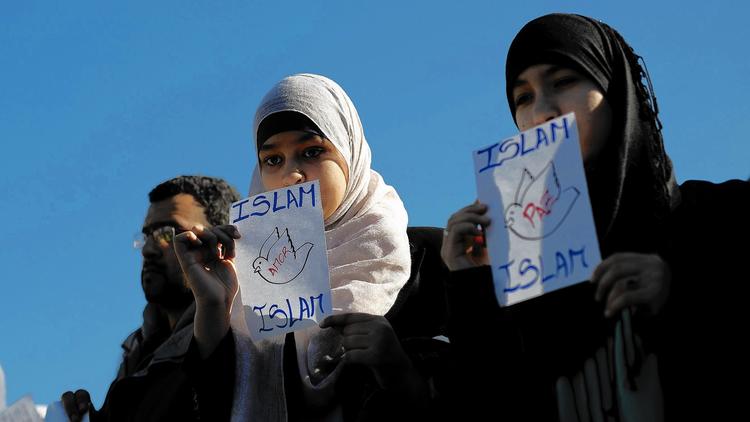

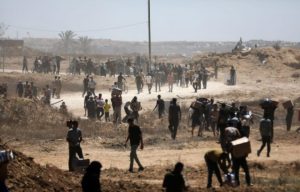
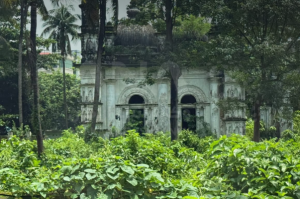










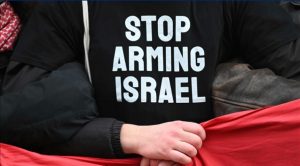
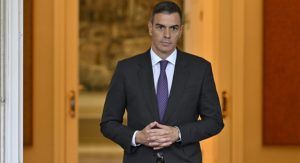







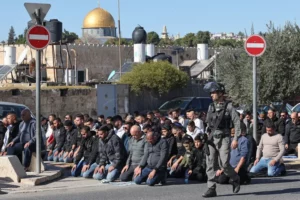




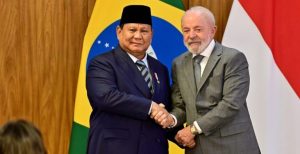



 Mina Indonesia
Mina Indonesia Mina Arabic
Mina Arabic